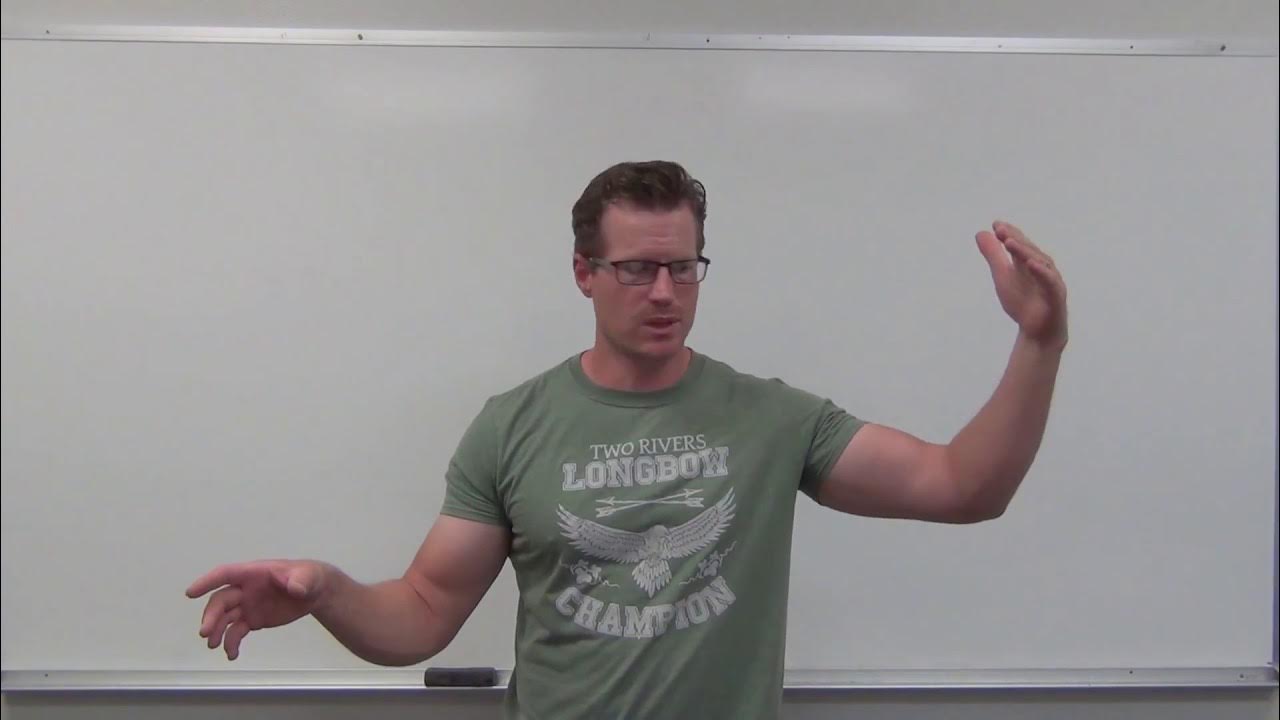Thời khoá biểu ôn thi đại học của mình| Tâm sự của cựu thủ khoa ĐH Ngoại Thương
Summary
TLDRThe video script details the speaker's personal study routine and strategies for optimizing learning outcomes. They share their daily schedule from 7 am to 12 pm for school, utilizing breaks for vocabulary or additional subjects, and from 2 pm to 5 pm focusing on concentrated study sessions. The speaker emphasizes the importance of seizing every moment for learning, even during short breaks, and the flexibility of their study plan, adjusting it based on daily needs and energy levels. They also discuss the benefits of changing study environments to maintain focus and the motivation behind their disciplined approach to education.
Takeaways
- 😀 The speaker shares their personal study schedule and strategies for high school exams, emphasizing the importance of utilizing every moment for learning.
- 🕒 From 7 am to 12 pm, the speaker attends school and uses spare time for vocabulary study or additional subjects they are interested in or need to improve.
- 📚 After school, from around 12:30 pm to 2 pm, the speaker takes time for lunch, rest, and then starts their focused study session from 2 pm to 5 pm on subjects requiring concentration like math or language practice.
- 🌆 From 5:30 pm to 9 pm, the speaker attends extra classes for Math, Literature, English, and Japanese, following a structured routine.
- 🌙 After 9 pm, the speaker continues studying at home, focusing on the content from their extra classes to reinforce and deepen their understanding.
- 💡 The speaker does not follow a rigid daily plan but rather makes daily decisions on what to study based on their needs and interests.
- 🔄 The speaker often changes their study environment to maintain focus and motivation, suggesting studying in different places like libraries or cafes.
- 🚫 The speaker mentions the importance of not being too lenient with oneself and balancing study with rest and entertainment to avoid burnout.
- 🎯 The speaker believes that consistent effort over three years of high school can lead to significant opportunities and personal growth.
- 🌐 The speaker highlights the benefits of being able to communicate in multiple languages and having a broad knowledge base, which can open up international opportunities.
- 📈 The speaker encourages making a daily study plan to have a clear direction for learning each day, while also being flexible to adjust based on changing needs or interests.
Q & A
What is the main topic of the video script?
-The main topic of the video script is the speaker's experience and strategies for managing their study schedule during their university entrance exam preparation.
What time does the speaker usually start their study session at school?
-The speaker usually starts their study session at school from 7 am to 12 pm.
What does the speaker typically do during their school breaks or when there is downtime?
-The speaker uses their downtime, such as breaks or waiting times, to study vocabulary or other subjects they are interested in or feel the need to improve.
What is the speaker's routine after school from 12:30 pm to 2 pm?
-After school, the speaker usually spends time having lunch, resting, and then starting their study session at around 2 pm.
What kind of subjects does the speaker focus on from 2 pm to 5 pm?
-From 2 pm to 5 pm, the speaker focuses on subjects that require intense concentration, such as reviewing math topics, solving problems, or studying languages and practicing exam questions.
What is the speaker's evening study routine from 5:30 pm to 9 pm?
-In the evening, from 5:30 pm to 9 pm, the speaker attends additional classes for Math, Literature, English, and Japanese.
How does the speaker utilize their time after 9 pm when they get home?
-After 9 pm, the speaker continues studying the content provided by their additional classes to ensure they fully understand and absorb the material.
What is the speaker's approach to creating a study plan?
-The speaker does not follow a strict hourly study plan but rather decides each day what subjects to focus on based on their current needs and progress.
How does the speaker manage their study time during weekends?
-On weekends, the speaker's study routine may vary; they might attend additional classes if available, or if not, they study at home, focusing on subjects they need to improve.
What does the speaker emphasize about utilizing free time for studying?
-The speaker emphasizes the importance of utilizing any free time, no matter how short, to study subjects that do not require intense concentration, such as vocabulary.
How does the speaker balance study and leisure time?
-The speaker allows themselves to take breaks when feeling tired, such as taking a short nap or listening to music, but they do not schedule these breaks in advance, preferring to adjust based on their energy levels.
What benefits does the speaker attribute to their consistent study habits over three years?
-The speaker attributes benefits such as becoming an international worker with fluent English and Japanese, gaining confidence in international communication, and opening up many opportunities and doors for their future.
Outlines

このセクションは有料ユーザー限定です。 アクセスするには、アップグレードをお願いします。
今すぐアップグレードMindmap

このセクションは有料ユーザー限定です。 アクセスするには、アップグレードをお願いします。
今すぐアップグレードKeywords

このセクションは有料ユーザー限定です。 アクセスするには、アップグレードをお願いします。
今すぐアップグレードHighlights

このセクションは有料ユーザー限定です。 アクセスするには、アップグレードをお願いします。
今すぐアップグレードTranscripts

このセクションは有料ユーザー限定です。 アクセスするには、アップグレードをお願いします。
今すぐアップグレード関連動画をさらに表示

How To Make The ULTIMATE Self Study Plan With ChatGPT (step by step prompting guide)

BEST Study Routine that made me a TOP ACHIEVER (in HALF the time)

No IITian will ever tell you this secret!

How to Study for Math (TTP Video 1)

Como estudar faltando 6 meses para o ENEM 2025

How to LEARN ANY LANGUAGE on Your Own (Fast!)
5.0 / 5 (0 votes)
